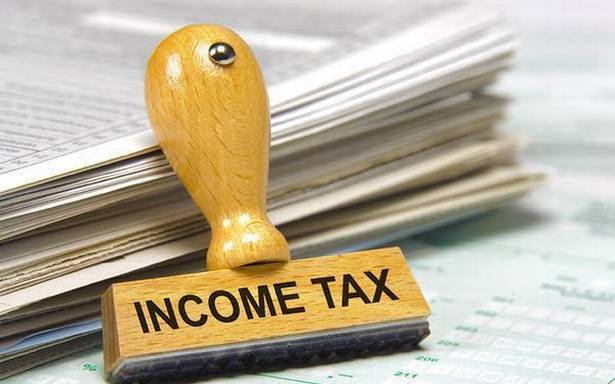The Central Board of Direct Taxes (CBDT) has clarified that investors need not furnish scrip-wise details (for day trading and short-term sale or purchase of listed shares), while filing of tax returns for assessment year 2020-21.
Investors see this decision by the CBDT as “a small mercy”.
“Mutual und registrars and stock brokers should have the software to segregate short- and long-term capital gains; their statement could be attached to the return instead of keying in each and every transaction; it would save both labour and cost to investors,” the source, a long-term investor in the markets told BusinessLine.
The circular was issued in response to a report in certain sections of the media that stock/ day traders would be required to furnish scrip-wise details in their IT returns for AY2020-21.
The department clarified that “the scrip-wise details are required to be filled up only for reporting the long-term capital gains for shares/units that are eligible for grandfathering benefit”.
Here it may be recalled that the Finance Act 2018 allowed exemption on gains made on investments (listed shares and specified units) up to January 31, 2018 (by introducing the grandfathering mechanism) for computation of long-term capital gains.
The grandfathering clause implies that all gains made from investment in MFs/ equities until January 31, 2018 would be exempt from tax prospectively (the long-term capital gain made after January 31 would be taxed).
The circular
As the grandfathering is to be allowed by comparing different values (such as cost, sale price and market price as on January 1, 2018) for each share/unit, there is a need to capture the scrip-wise details for computing capital gains of these shares/units.
The scrip-wise details are not required in the Income Tax return forms for AY2020-21 for computation of capital gains/business income from shares/units which are not eligible for grandfathering.
Without this reporting requirement, there can be situations where the taxpayer may not claim/ or wrongly claim the benefit of grandfathering due to lack of understanding of the provisions.
If the above calculation is not made scrip-wise and the taxpayer is allowed to enter the total figures, there will be no way for the income tax authorities to check the correctness of the claim and many returns will have to be audited, leading to unnecessary grievances/rectifications at a later stage.
If scrip-wise long-term gain is available, it can be cross-verified by the Department electronically with the stock exchanges, and brokerages, and there will be no need to subject these Income Tax returns to further audits or scrutiny.
Thus, the main intent behind requiring scrip-wise detail is to facilitate the taxpayer to correctly compute the long-term capital gains on these shares/units.
Also read: How is income from MF segregated portfolio taxed?
Further, the requirement to provide scrip-wise information in the Income Tax return is not unique to India, the department said in the release.
A stock broker, while maintaining that he has been giving detailed statements of accounts to all such customers who seek the transaction statement, said, “There is more confusion than clarity. Around 90 per cent of the stocks have not reached the pre-January 2018 levels.”
Experts feel that the tax filing process has become lengthy and time-consuming.
Asked one perturbed investor, “Why can’t the department rely on the statements issued by registrars and intermediaries?”
The time for filing of IT returns has now started to tick.


Leave A Comment?
You must be logged in to post a comment.